DOWNLOAD "THE PACIFIC (2010)" COMPLETE SERIES
Before director Steven Spielberg's Saving Private Ryan left audiences in silent awe, Hollywood's depiction of war had long been dominated (perhaps rightfully so) by cynicism and anti-war sentiment. As early as 1930, golden age masterpieces like All Quiet on the Western Front turned their attention to entire generations of men haunted by the horrors of combat. By 1957, Academy Award-winning films like The Bridge on the River Kwai were dissecting the hopelessness and futility of the world's most brutal conflicts. In the 1970s, Vietnam ripped opened old wounds, paving the way for several scathing indictments of wartime practices and politics -- Apocalypse Now, Platoon, First Blood, Casualties of War and Born on the Fourth of July, just to name a few -- to examine the atrocity, madness and soul-crushing savagery of it all. Later films delved even further into the abyss, injecting injustice and inhumanity into everything from machismo-riddled '80s and '90s actioners to conspiracy-laden war dramas of the late '90s.
But Saving Private Ryan did something few other films before it had done: explore the impact, enmity and insanity of war without diluting the humble service and innate sacrifice of the ordinary men -- the everyday schoolteachers, teenagers, shopkeepers, fathers and sons -- who gave their all for something more pure and meaningful. In 2001, Spielberg and Tom Hanks took their study of the bonds of battlefield brotherhood a step further with the critically acclaimed, emotionally charged 10-part HBO miniseries, Band of Brothers. Disquieting and engrossing, it remains one of the most distinguished, cinematic, heart-wrenching television productions of all time. Needless to say, their next foray into the trials and tribulations of World War II, The Pacific, arrived earlier this year to tremendous fanfare and towering expectations.
Just as the Pacific theater of operations was home to a drastically different World War than the European theater, The Pacific is a drastically different miniseries than Band of Brothers. Not only is substantial screentime devoted to some of its characters' home lives and families, the themes that slowly develop, the battles that suddenly erupt, the challenges that emerge and the situations the soldiers find themselves in prove to be as unpredictable as the details of the lesser known Pacific War. Based on four separate WWII memoirs -- PFC Robert Leckie's "Helmet for My Pillow," PFC Chuck Tatum's "Red Blood, Black Sand: with John Basilone on Iwo Jima," Corporal Eugene Sledge's "With the Old Breed: At Peleliu and Okinawa" and his followup, "China Marine: An Infantryman's Life after World War II" -- The Pacific follows Sledge (played brilliantly by The Social Network's Joseph Mazzello), Leckie (Rubicon's James Badge Dale) and Gunnery Sergeant John Basilone (Homicide: Life on the Street's Jon Seda) into the fray, and focuses on a number of pivotal but bloody battles at Guadalcanal, Cape Gloucester, Peleliu, Iwo Jima, Okinawa and other Pacific theater hotspots.
It isn't easy to watch The Pacific. More a nine-hour, ten-part film than a traditional television miniseries, it paints a visceral, violent picture of a fierce, widespread stage of World War II often overshadowed by the Allies' efforts in Germany and Greater Europe. And if The Pacific makes any one thing painfully clear, it's that the blood spilled on the sun-streaked beaches of the Pacific was just as costly as the blood spilled at Bastogne and Berlin. Like Band of Brothers, The Pacific weighed heavily on my mind after each episode. There are moments of such startling sadness, poignant strokes of such raw human frailty, unsettling scenes of such terrible tragedy that I was grateful to have a week between each broadcast. While a sense of grand purpose and noble determination propels the soldiers forward, the injuries, deaths, sacrifices and shaken spirits that litter the screen are as overwhelming as they are moving. I found it all too easy to forget I was watching a cast of talented actors; to forget that I was being treated to a sprawling HBO production; to forget I was privy to a stirring technical achievement in which no expense was spared. Mazzello, Dale and Seda became Sledge, Leckie and Basilone. Their fellow soldiers were suddenly living and breathing the salty air of the Pacific. Fallen heroes cried very real cries before dying very real deaths. Fear rose and bravery surged, men fought and bled, lines were drawn and enemies routed. If nothing else, The Pacific is an utterly absorbing, wholly realistic experience worthy of its lineage.
It's a humbling trek as well. Of all the wars the world has waged, World War II is perhaps the most dignified. Diverse nations banding together to defeat a monstrous force; men from all walks of life fighting and bleeding under the same banner of justice; allies managing to put aside their differences to accomplish a single task. It's this same subtle nobility that permeates The Pacific. Sledge, Leckie, Basilone and their fellow soldiers are far from perfect heroes. Flawed, fallible and all too mortal, they struggle to hold onto the remnants of their war-torn humanity, frequently fail each other and occasionally wallow in ego and self-interest. But it's their drive and ability to overcome their baser natures that makes each one such a fascinating character. Likewise, the Marines' larger battles, strategic decisions and willingness to adapt makes each skirmish an intense encounter, each defeat a bitter loss, each quiet reflection a thought-provoking respite and each hard-fought victory a palpable relief. Like Saving Private Ryan and Band of Brothers, The Pacific never turns a blind eye to the mercilessness and atrocities of war, but also doesn't ignore the fact that even the most unspeakable horrors can sharpen the least among us, mold boys into men and transform soldiers into brothers.
Is it as gripping as Band of Brothers? Not quite. A slightly slower start and some initial distractions (mainly involving scenes that take place in the US) will require more patience from those anxious to sink into The Pacific. That being said, it isn't long before the miniseries gains its footing and drags its audience into hell with Sledge, Leckie and Basilone. By the time the Marines landed at Iwo Jima and Okinawa, I was entranced. By the time the story drew to a close, I was grateful to have been given such a gritty glimpse into a crucial theater of WWII I knew very little about. I doubt I'll return to its ten episodes as often as I revisit Band of Brothers and Saving Private Ryan, but The Pacific has earned a coveted place among the treasured war films and television miniseries in my collection.
DOWNLOAD THE PACIFIC (2010) [COMPLETE SERIES]
{[[' ']]}
']]}
 ']]}
']]}
+blu-ray.jpg)



















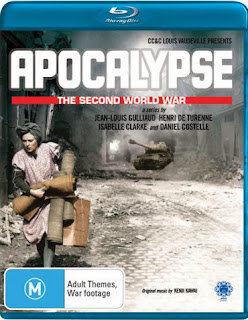










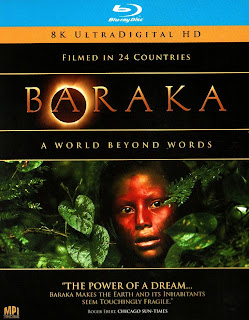
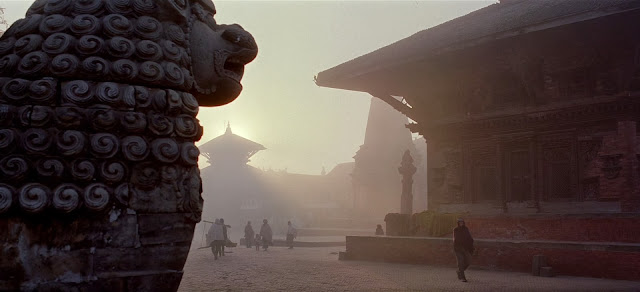
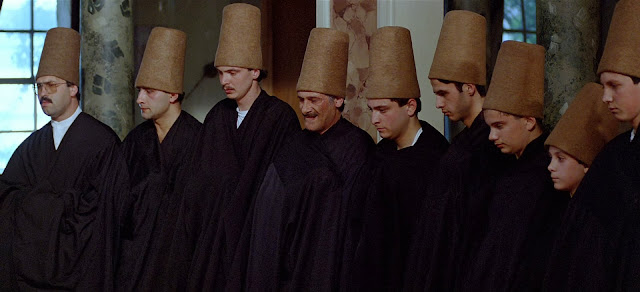

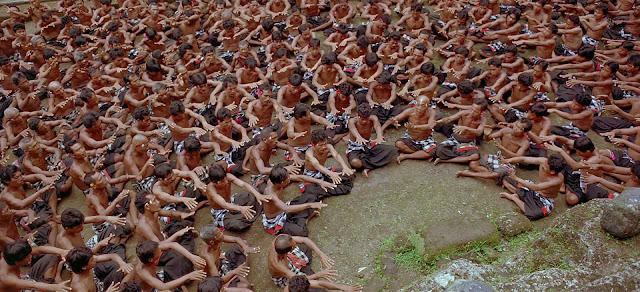
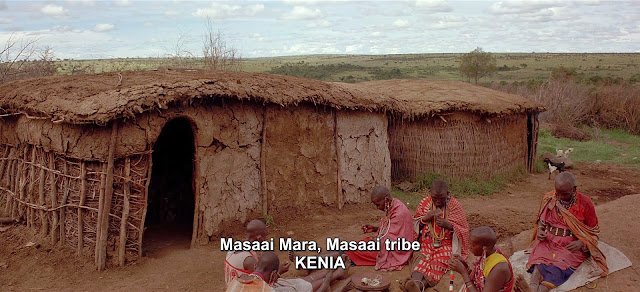
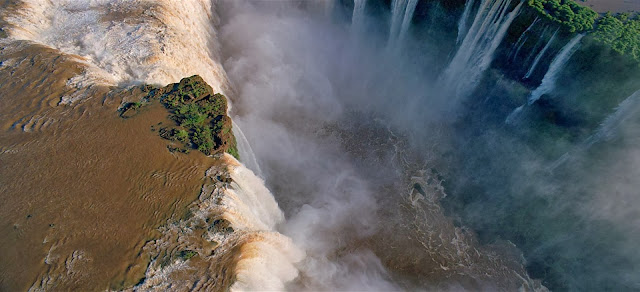

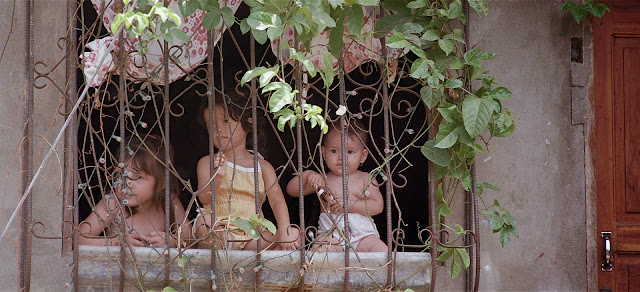
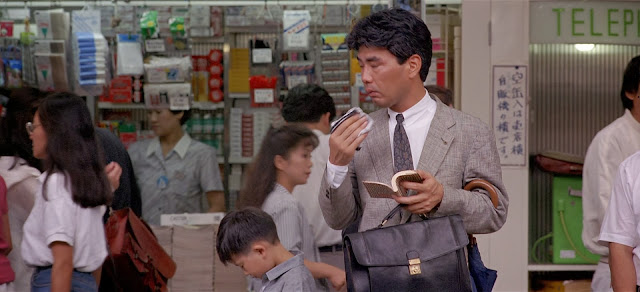
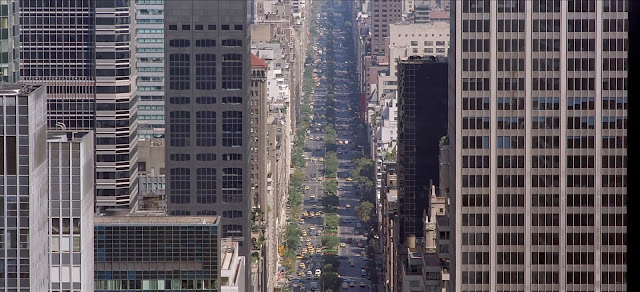
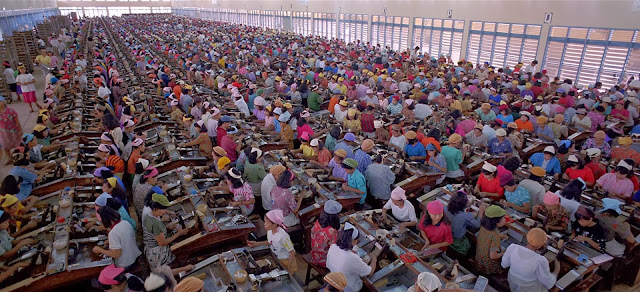
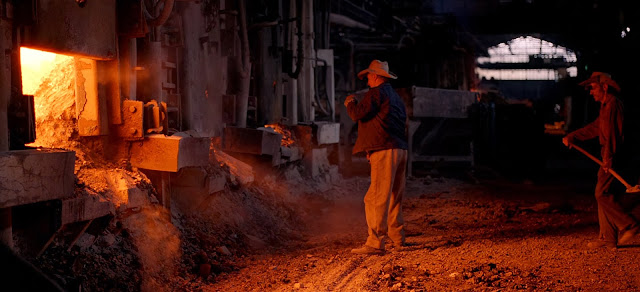
+Poster.jpg)


+Poster.jpg)


+poster.jpg)


+-+The+Complete+Seriese.tif)




